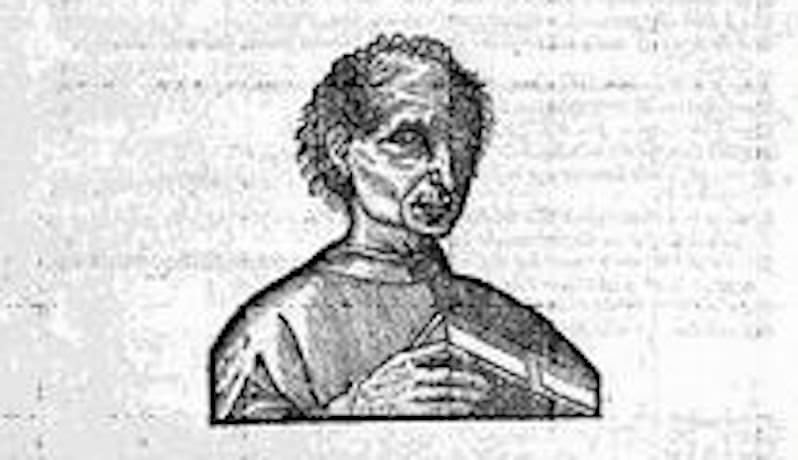The Final Stage of the Machiavellian Elites’ Takeover of America
Neoconservatism was born during the Cold War with an overt mission to roll back Russian/Soviet influence everywhere. That mission continues today. Cover of the 1550 edition of Machiavelli's "The Prince" and "The Life of Castruccio Castracani." (Wikimedia)
1
2
Cover of the 1550 edition of Machiavelli's "The Prince" and "The Life of Castruccio Castracani." (Wikimedia)
1
2
Independent journalism is under threat and overshadowed by heavily funded mainstream media.
You can help level the playing field. Become a member.
Your tax-deductible contribution keeps us digging beneath the headlines to give you thought-provoking, investigative reporting and analysis that unearths what's really happening- without compromise.
Give today to support our courageous, independent journalists.









You need to be a supporter to comment.
There are currently no responses to this article.
Be the first to respond.